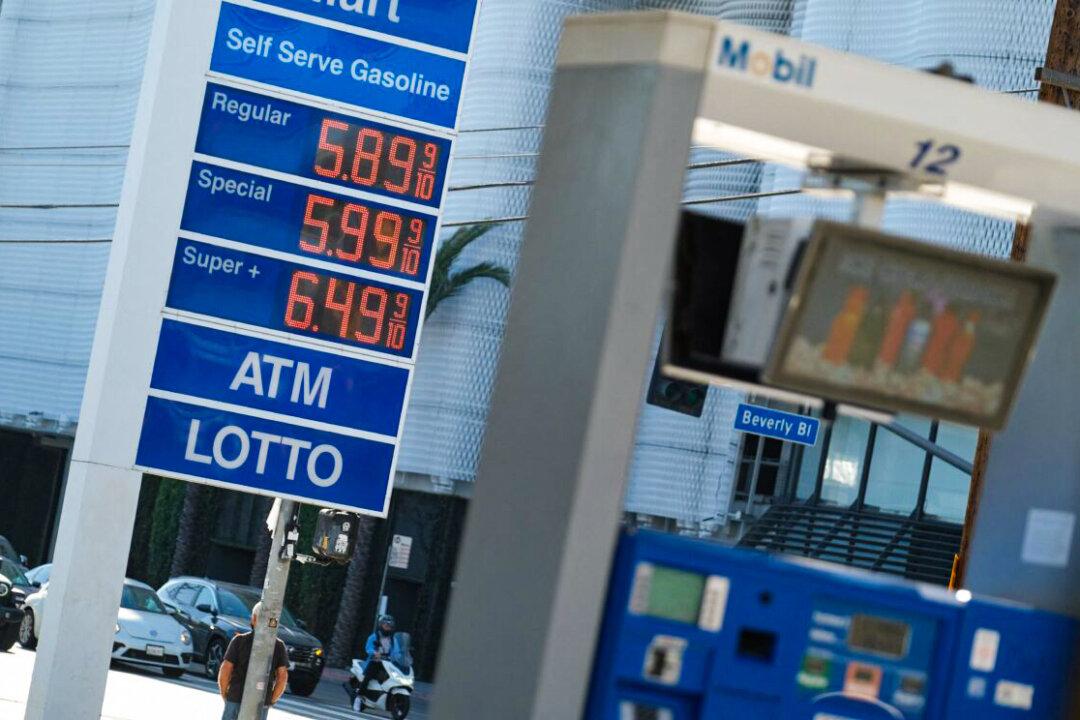President Joe Biden’s green energy policies are the key cause of skyrocketing gasoline prices, not the Russian invasion of Ukraine or the fact that federal leases for oil and gas exploration aren’t being fully utilized, according to an energy industry expert.
“Wide swaths of the elected government and administrative state have decided that investments in oil and gas must be minimized and eventually eradicated. There must be steady downward pressure on oil and gas investments,” said Institute for Energy Research (IER) Chairman Tom Pyle. The IER is an independent nonprofit research group that favors continued reliance on fossil fuels.





